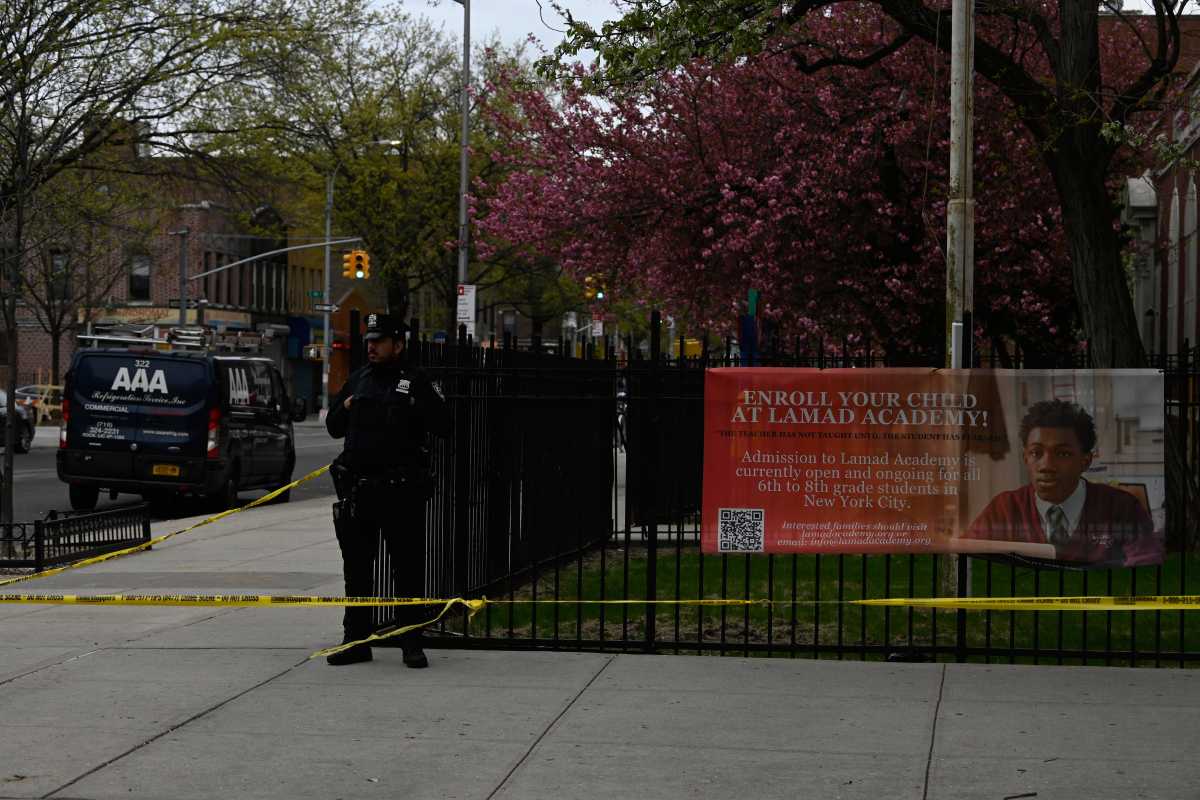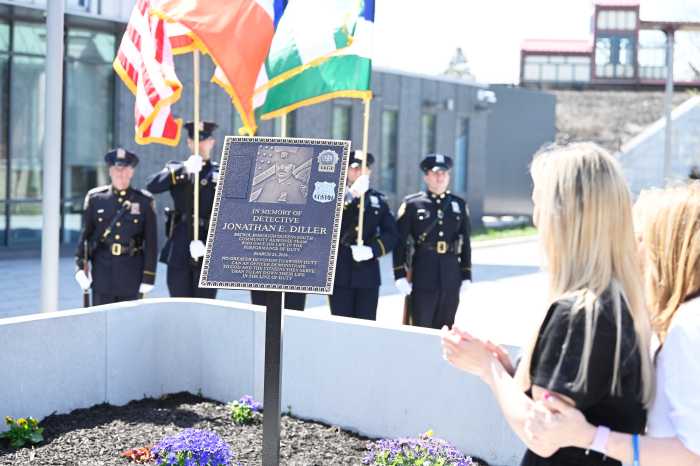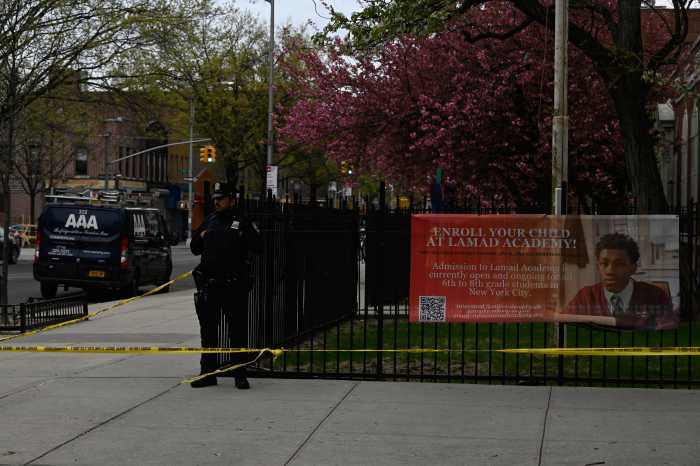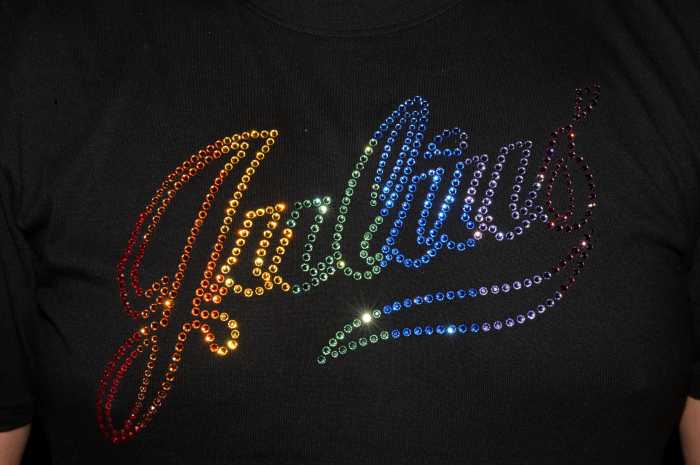It was a joyous occasion for Yeshiva University on Sunday: The landmark Jewish institution landed its very first bid to the NCAA Division III men’s basketball tournament.
Yeshiva’s is a young team, full of good shooters running a motion offense that exceeded expectations this year. They face experiences different from other peer schools, given that basketball revolves around religious restrictions. But those differences have at times been met with ugliness.
Head coach Elliot Steinmetz says the team has heard chants of “Hitler was right” and other, more obscenity-laced jeers at games this season. He remembers things being worse during his playing time at Yeshiva in the early 2000s. But the ugliness remains. Walking out after a game with his 14-year-old child this season, he heard someone say, “I don’t know why these kids don’t go back to Jewville.”
“It doesn’t bother our guys,” Steinmetz says. “They recognize ignorance is not worth answering.”
Ignorance: a pretty good word for what Yeshiva sometimes faces, along with the reported incidents like anti-Semitic vandalism and harassment charted by the Anti-Defamation League. An ADL report released this week showed that incidents of anti-Semitism in New York City increased more than 90 percent last year over the year before, an increase perhaps explained in part by a divided country and the dark side of social media.
It’s been a good year for the 18-10 Maccabees, though, even before the team came back from a 12-point deficit to win against SUNY-Purchase in the decisive game on Sunday.
Athletic director Joe Bednarsh says that when he took over the role just over 10 years ago, his priorities were to increase the number of women’s teams and make the school’s programs more competitive.
Yeshiva University is the only school in the country that operates under “Jewish auspices,” says Bednarsh — in accordance with the traditions of Orthodox Judaism. Based on that identity, Bednarsh says he wanted to “make our athletic teams the pride of the Jewish people.”
Of the intolerant incidents the team has seen, Bednarsh notes: “There’s always knuckleheads.”
The players have other things to concern themselves with. Schoolwork, for one. Only one Yeshiva alum has been drafted by an NBA team, a long-shot bid decades ago. (As a DIII school, there are no athletic scholarships.) Some players are on the university’s rabbinical track. Steinmetz himself is a part-time coach and a commercial real estate attorney. Most of the current team is looking at careers in law, business, or medicine. Some will get married soon — one player already is.
On court, Yeshiva has an uphill battle in its first appearance in the tournament. High-seeded York College awaits in Pennsylvania on Friday afternoon.
It’s an afternoon game because the team can’t have any basketball activities during Shabbat, from sundown Friday to Saturday.
There are other religious restrictions impacting the team this week: Purim, a raucous holiday known for feasting, gift giving and heavy drinking, runs from Wednesday evening to Thursday night. Steinmetz says the team bus will leave for the trip to Pennsylvania after services around 11 a.m. on Thursday. The team will celebrate with a feast at the hotel that afternoon, then prepare for their game during a delayed evening practice after everyone digests.
Steinmetz says the other teams in the bracket have been “super accommodating” to Yeshiva’s needs. The teams, for example, shared film earlier than was necessary, a crucial preparation for scouting and game play. Yeshiva wouldn’t have otherwise been able to adequately prep for its next-round opponent due to Shabbat.
Along with all the congratulatory texts and emails Steinmetz says he received from opposing coaches in their conference, those have been bright spots as the team relishes its historic moment — good sportsmanship as the team looks to extend history another game.






























